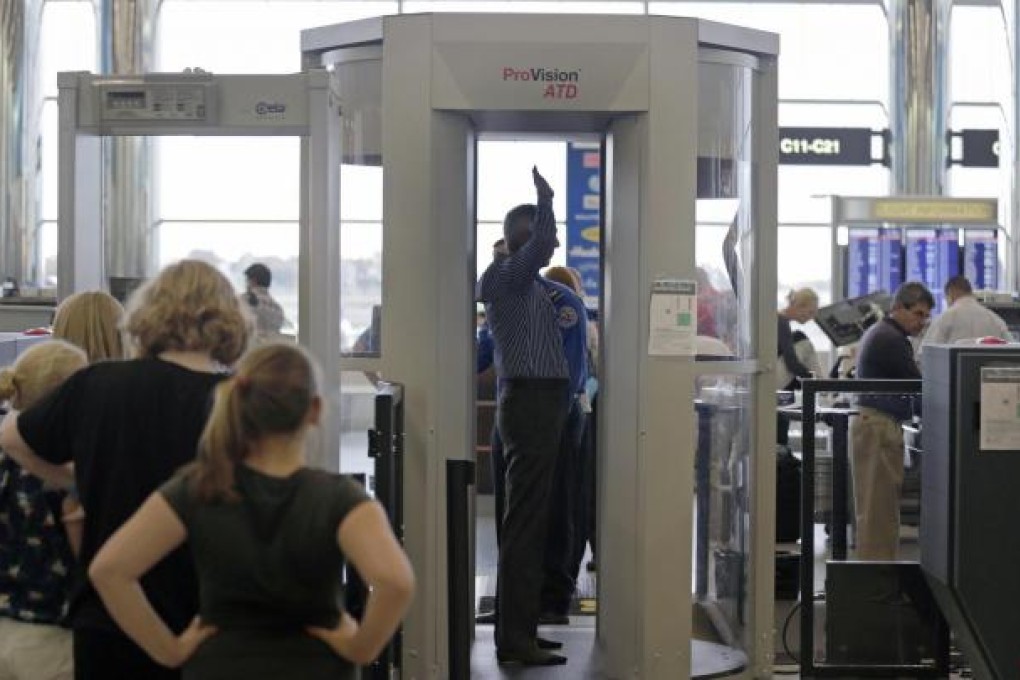
I refer to the report ("Democrats make Emily Lau leader", December 17).
Emily Lau Wai-hing correctly identifies that her Democratic Party needs to rejuvenate. However the problem runs much deeper than just image and its ability to refocus on the younger generation and women.
It has always been a one-dimensional party and the only issue for its members is universal suffrage. They need to get out of their offices more and into the real community, because for the general public universal suffrage is well down the list of priorities. Emily Lau has warned that any delay in the implementation of direct elections for the chief executive by 2017 and all lawmakers in 2020 should not be blamed on Legislative Council members. However, the way that the lawmakers have been (under)performing since Leung Chun-ying took over as chief executive is bound to give the mainland authorities misgivings about advancing our political system to universal suffrage.
The Democrats need to see the bigger picture, widen their current legalistic nit-picking views and present the community with some realistic and constructive vision.
In her "Back Page" article Ms Lau, as the new chairwoman of the Democratic Party, refers to Beijing's responsibilities regarding "one country, two systems" ("The ball is in Beijing's court", December 23). I disagree. Our political parties need to demonstrate that they have the maturity, capacity and ability to get to grips with the full spectrum of matters involved in governing our city.
Universal suffrage is not a magic wand that will make livelihood issues vanish into thin air - especially when our air is so polluted.